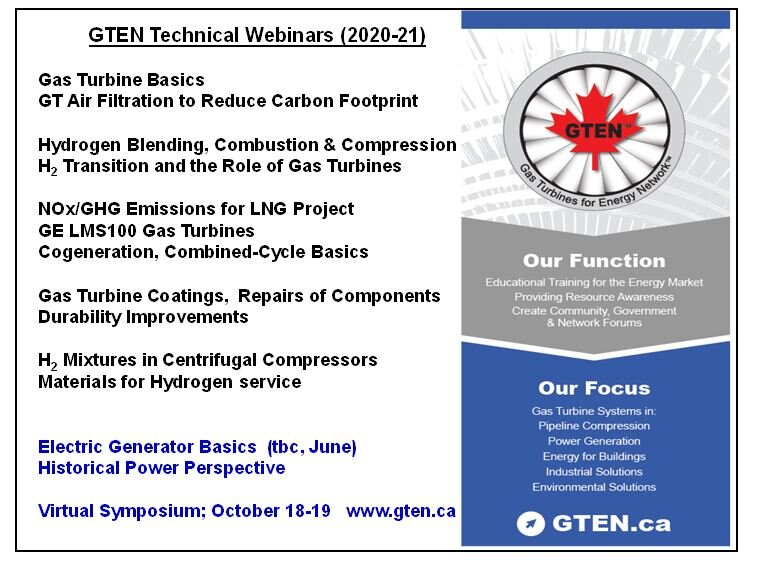Manfred Klein
Building Knowledge for Future Transitions
Our clean energy economy will need a variety of cost-effective solutions to find reliable replacement power and heat/cooling systems, as well as mitigating the effects of weather extremes and power disruption. Basic building blocks would be a flexible distributed Smart Grid system that values thermal energy as well, emphasizes efficient CHP solutions together with new hydrogen, renewable and geothermal energy with minimal waste of resources. A strong business case and economic value proposition can include a wide range of complementary benefits to avoid 'siloed' solutions. With many regional differences, there is likely no 'best' system, but a diverse and integrated set of fuels, technologies and applications that need both public and private support.
One of my main challenges over many decades in government was to promote collaboration, knowledge and training with specific examples of distributed energy innovations and success stories across Canada. Colleges, universities and new employees were a key starting point, so they could be exposed to basic design details and networking opportunities provided by many experienced professionals. Our GTEN Gas Turbine Energy Network (formed 47 years ago as IAGT) provides some of these training sessions summarized below, to support a more detailed virtual Symposium on October 18-19, 2021. (by Manfred Klein, Ottawa)


